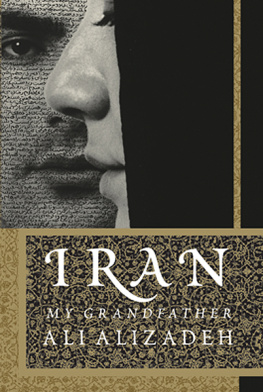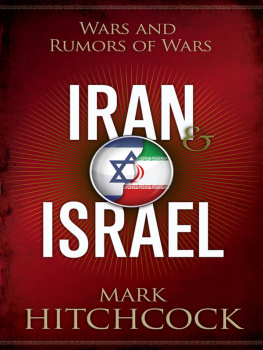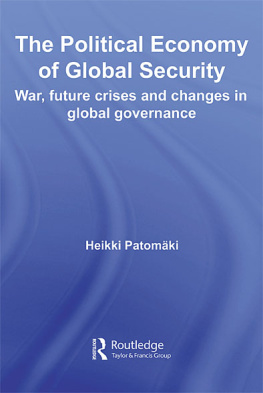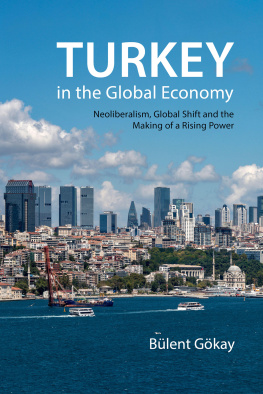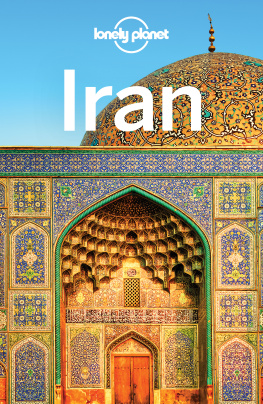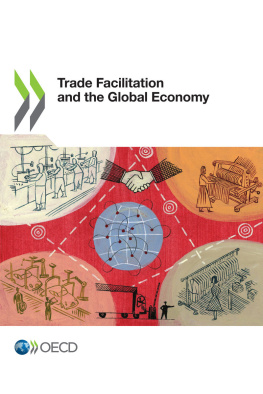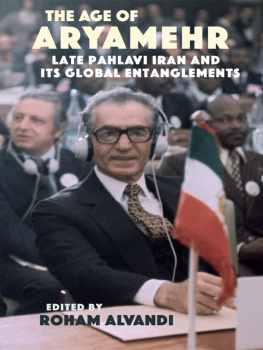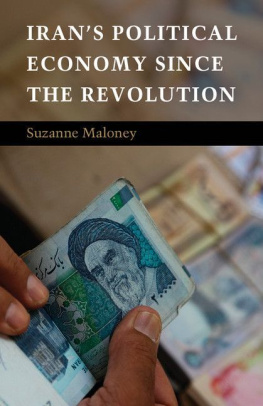Iran and the Global Economy
The relationship between religion and the state has assumed new significance since the Iranian Revolution more than three decades ago. The recent mass uprisings against autocratic rulers in the Arab world have highlighted the potency of Islamist forces in post-revolutionary societies in the region, a force arguably unlocked first by Irans version of the spring three decades ago. The economic ramifications of these uprisings are of special interest at a time when the possibility of the creation of Islamic states can have implications for their economic policy and performance again. A study of the Iranian experience in itself can offer useful insights whether for its own features and characteristics or for its possible lessons and implications for the region. This book is concerned with the economic aspects and consequences of the Iranian Revolution in general and its interaction with the international economy in particular. Many studies have to date dealt with Irans economic challenges, policies and performance in the post-revolutionary period but its interaction with the international economy has not received adequate attention. The contributions in this volume by experts in the field address ways in which in the span of three decades, Irans economy has evolved from a strong aspiration to develop an independent economy to grappling with debilitating international economic sanctions.
Parvin Alizadeh is a Lecturer of Economics and a coordinator of studies at Boston Universitys study abroad programme in London. She held the position of Principal Lecturer in Economics at London Metropolitan University from 1990 to 2011.
Hassan Hakimian is a Reader in Economics and Director of the London Middle East Institute at SOAS, University of London.
The Routledge Political Economy of the Middle East and North Africa Series
Series editor: Hassan Hakimian
London Middle East Institute, SOAS, University of London
The aim of the London Middle East Institute (LMEI), through education and research, is to promote knowledge of all aspects of the Middle East including its complexities, problems, achievements and assets, both among the general public and with those who have specialist interests in the region.
The LMEI is based in SOAS, which hosts the largest concentration of Middle Eastern expertise in any European university. The LMEI provides teaching, training, research, publication, consultancy, outreach and other services related to the Middle East. It serves as a neutral forum for the study of issues concerning the region and helps to link individuals and institutions with academic, commercial, diplomatic, media or other specialisations.
Editorial Board:
1 David Cobham is Professor of Economics at Heriot Watt University, UK.
2 Numan Kanafani is Associate Professor of Economics at the University of Copenhagen, Denmark.
3 Massoud Karshenas is Professor of Economics at the School of Oriental and African Studies (SOAS), University of London, UK.
4 Jeffrey B. Nugent is Professor of Economics at the University of Southern California, Los Angeles, USA.
5 Jennifer Olmsted is Associate Professor of Economics at Drew University, New Jersey, USA.
6 Karen Pfeifer is Professor of Economics at Smith College, Northampton, Massachusetts, USA.
7 Wassim Shahin is Professor of Economics and Dean of Business School at the Lebanese American University (LAU), Byblos, Lebanon.
8 Subidey Togan is Professor of Economics and Director of the Centre for International Economics at Bilkent University, Ankara, Turkey.
9 Jackline Wahba is Reader in Economics at the University of Southampton, UK.
1 Trade Policy and Economic Integration in the Middle East and North Africa
Economic boundaries in flux
Edited by Hassan Hakimian and Jeffrey B. Nugent
2 State Formation in Palestine
Viability and governance during a social transformation
Edited by Mushtaq Husain Khan
3 Palestinian Labour Migration to Israel
Land, labour and migration
Leila H Farsakh
4 Islam and the Everyday World
Public policy dilemmas
Edited by Sohrab Behdad and Farhad Nomani
5 Monetary Policy and Central Banking in the Middle East and North Africa
Edited by David Cobham and Ghassan Dibeh
6 Economic Performance in the Middle East and North Africa
Institutions, corruption and reform
Edited by Serdar Sayan
7 Economic Liberalization and Turkey
Sbidey Togan
8 The Political Economy of Aid in Palestine
Relief from conflict or development delayed?
Sahar Taghdisi-Rad
9 Money in the Middle East and North Africa
Monetary policy frameworks and strategies
Edited by David Cobham and Ghassan Dibeh
10 Irans Struggle for Economic Independence
Reform and counter-reform in the post-revolutionary era
Evaleila Pesaran
11 Economic and Trade Policies in the Arab world
Employment, poverty reduction and integration
Edited by Mahmoud A.T. Elkhafif, Sahar Taghdisi-Rad and Mutasim Elagraa
12 Iran and the Global Economy
Petro populism, Islam and economic sanctions
Edited by Parvin Alizadeh and Hassan Hakimian
First published 2014
by Routledge
2 Park Square, Milton Park, Abingdon, Oxon OX14 4RN
and by Routledge
711 Third Avenue, New York, NY 10017
Routledge is an imprint of the Taylor & Francis Group, an informa business
2014 selection and editorial material, Parvin Alizadeh and Hassan Hakimian; individual chapters, the contributors.
The right of Parvin Alizadeh and Hassan Hakimian to be identified as authors of the editorial material, and of the individual authors as authors of their contributions, has been asserted by them in accordance with sections 77 and 78 of the Copyright, Designs and Patents Act 1988.
All rights reserved. No part of this book may be reprinted or reproduced or utilised in any form or by any electronic, mechanical, or other means, now known or hereafter invented, including photocopying and recording, or in any information storage or retrieval system, without permission in writing from the publishers.
Trademark notice: Product or corporate names may be trademarks or registered trademarks, and are used only for identification and explanation without intent to infringe.
British Library Cataloguing in Publication Data
A catalogue record for this book is available from the British Library
Library of Congress Cataloging in Publication Data
Iran and the global economy: petro populism, Islam and economic sanctions / edited by Parvin Alizadeh and Hassan Hakimian.
pages cm.(The Routledge political economy of the Middle East and North Africa series; 22)
Includes bibliographical references and index.
1. IranEconomic conditions. 2. IranEconomic policy. 3. IranForeign economic relations. I. Alizadeh, Parvin. II. Hakimian, Hassan, 1955





